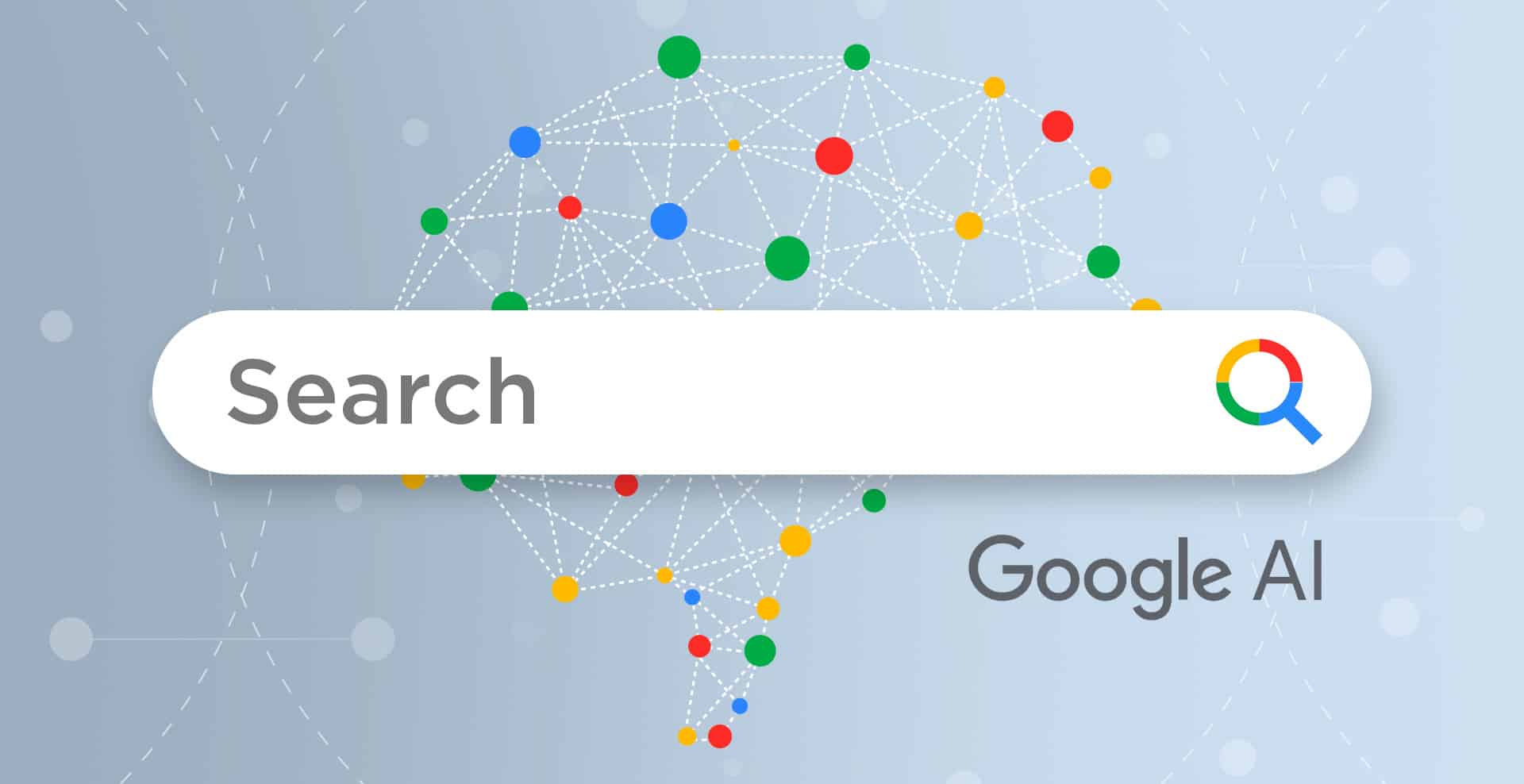Google.org, the philanthropic arm of Google, has unveiled a $20 million accelerator program dedicated to nurturing generative AI projects by nonprofits. Dubbed the Google.org Accelerator: Generative AI, this initiative is set to empower 21 nonprofits, including names like Quill.org and World Bank, with AI-driven tools designed to revolutionize fields from education to global development research.

The program isn’t just about the money. It promises an immersive experience for the selected nonprofits, offering technical training, workshops, mentorship, and personalized guidance from AI coaches. A standout feature of this initiative is the hands-on involvement of Google employees, who will collaborate directly with nonprofits like Tarjimly, Benefits Data Trust, and mRelief to bring their AI innovations to life. This approach not only accelerates the development process but also ensures these solutions are rooted in real-world needs and challenges.
The potential of generative AI to drive social change is immense, offering ways to enhance productivity, foster creativity, and improve service delivery at a fraction of the current costs and time. Surveys cited by Annie Lewin, director of global advocacy at Google.org, reveal a strong alignment between AI innovation and the missions of many nonprofits. Yet, despite the enthusiasm, a significant gap exists between interest and implementation, primarily due to barriers like costs, lack of tools, and a general absence of AI literacy.
As promising as Google.org’s accelerator program is, its journey is not without challenges. The varying levels of technical preparedness among nonprofits mean that the adoption and effective use of AI tools will be uneven. Ethical considerations, a critical component of AI deployment, demand meticulous attention to prevent biases and ensure equitable outcomes. Furthermore, the longevity of these initiatives post-program poses a significant question: Can these projects sustain themselves without the continuous support of Google.org?

